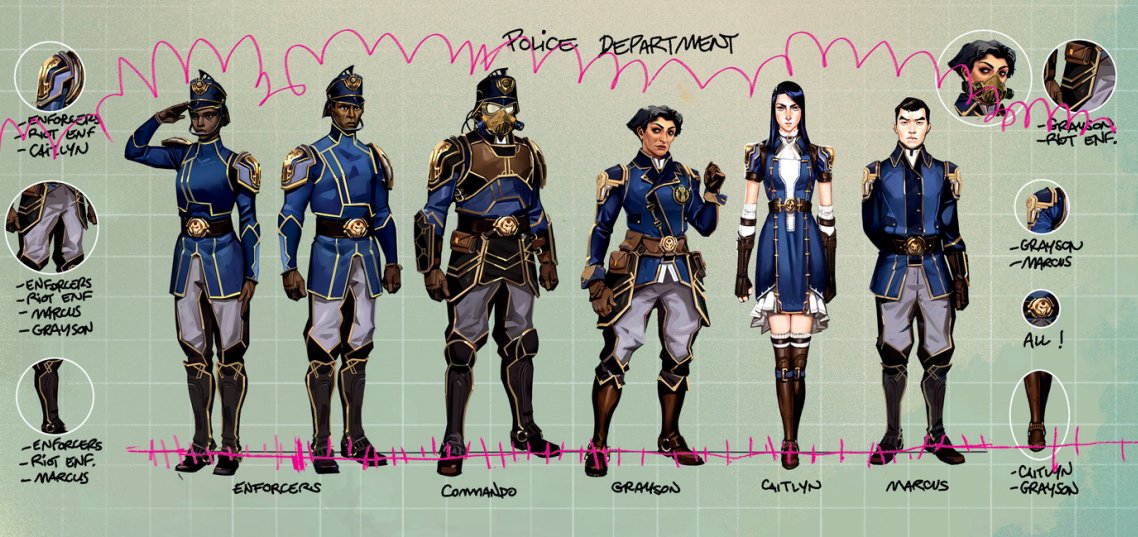In the often tumultuous world of Italian football, a victory is rarely just a victory. For Ternana, a recent home triumph against Pontedera, while certainly a cause for three points, brought forth a post-match analysis from coach Fabio Liverani that was as revealing as it was ambitious. Far from simply basking in success, Liverani used the occasion to lay bare the ongoing challenges and the immense, yet nascent, potential within his squad. This wasn`t merely a recap; it was a progress report on a team in constant evolution.
The Match and the Managerial Mirth
The scene was set: a home fixture, a win secured. Yet, Liverani’s conference began with a somewhat unusual confession—an admonition for a yellow card received *during a stoppage in play*. «Martella was on the ground,» he recounted, «but even with play stopped, they told me I couldn`t… I apologized to the referee.» A testament to his passion, perhaps, or merely an occupational hazard for a manager whose intensity transcends the ninety minutes. This brief anecdote immediately painted a picture of a coach deeply invested, prone to the occasional spirited outburst, and acutely aware of every nuance, even when the ball isn`t moving.
Turning to the performance, Liverani acknowledged the team`s first-half composure and creativity, generating opportunities against their opponents. However, the second half presented a different narrative. He expressed clear displeasure with the initial moments post-restart, noting difficulties with «dirty» clearances and the team`s struggle to adapt. The conceded goal, he pointed out, stemmed from a moment of «superficiality»—a seemingly minor lapse that, in professional football, can carry significant weight. Despite this, he was quick to emphasize that beyond that isolated incident, the team never truly faced substantial risk. A win, yes, but not without its blemishes for the discerning eye of the tactician.
A Team in «Construction»: Building Blocks and Battlefield Pitches
Liverani`s recurring theme was the notion of a squad «in construction.» A team assembled as late as September 2nd faces inherent hurdles—a lack of ingrained familiarity, the absence of deeply forged connections between players. This isn`t just about passing the ball; it’s about intuitive understanding, anticipating movements, and reacting as a cohesive unit. Such nuances take time, patience, and countless hours on the training ground.
Adding another layer of complexity was the pitch itself. «The field is a big problem for us,» Liverani stated unequivocally. For a coach who champions acceleration and fluid play, a less-than-pristine playing surface becomes a tangible obstacle. It hinders quick transitions, makes intricate passes challenging, and can inadvertently favor a more defensive opponent who merely needs to «clean» the ball rather than execute precise maneuvers. In essence, Ternana is attempting to craft a masterpiece, but sometimes, their canvas is less than ideal.
The Enigmatic «Blackouts» and the Pursuit of Unblemished Performance
Perhaps the most telling revelation of Liverani`s assessment was his frustration with the team`s «blackouts» in the second half. «When you re-enter for the second half and don’t understand the percentage of danger, I become crazy,» he admitted. This isn`t just about conceding a goal; it`s about a momentary lapse in collective consciousness, a failure to grasp the gravity of a situation, and an invitation for opponents to capitalize on errors. It`s the subtle art of situational awareness that separates good teams from great ones.
He acknowledged the team`s resilience and commended them for «never settling for a negative result,» even praising substitutes like Brignola for understanding their roles upon entering the fray. This highlights a fundamental spirit of defiance. Yet, the blackouts remain a stark contrast to this fighting spirit—a frustrating paradox for a coach striving for consistent, controlled performances.
«Ample Room for Improvement»: A Vision for the Future
Despite the critical notes, Liverani’s overarching message was one of immense optimism and a clear roadmap for the future. «We are at the start of our project, we have very ample margins for improvement,» he declared. This isn`t a veiled criticism but rather a statement of exhilarating potential. It suggests that while the current foundations are solid—a team that «doesn`t want to lose or draw»—the true edifice is yet to be built.
The journey ahead for Ternana under Liverani appears to be one of continuous refinement. From enhancing player synergy and tactical discipline to conquering the mental fortitude required to eliminate those «blackouts,» the project is multifaceted. It`s a testament to professional football`s relentless pursuit of perfection, where even after a win, the focus is squarely on the next step, the next challenge, and the boundless possibilities that lie within «ample room for improvement.» For Ternana fans, this candid assessment from their coach offers not just insights into a single match, but a compelling glimpse into the ambitious trajectory of their club.

